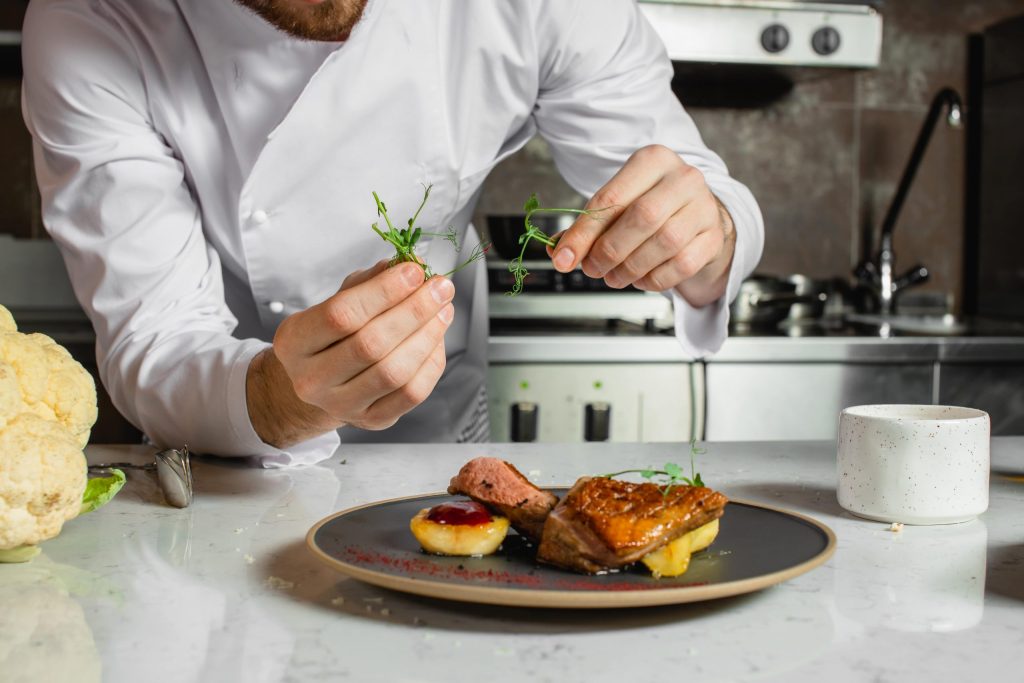Baking can be a fun and rewarding hobby, but for beginners, it can also be a bit intimidating. With so many recipes, techniques, and tools out there, it’s easy to feel overwhelmed. However, with a little bit of knowledge and practice, even the most novice baker can create delicious treats in their own kitchen. In this article, we will cover the essentials every beginner should know when it comes to baking.
1. Tools and Equipment
Before you can start baking, you’ll need to gather some basic tools and equipment. While you don’t need to invest in top-of-the-line gadgets, having a few key items will make your baking experience much easier. Here are some essential tools every beginner should have:
– Measuring cups and spoons: Accurate measurements are crucial in baking, so be sure to have a good set of measuring cups and spoons on hand.
– Mixing bowls: You’ll need a variety of mixing bowls in different sizes for mixing ingredients.
– Baking pans: Invest in a few basic baking pans, such as a muffin tin, cake pan, and baking sheet.
– Whisk: A whisk is an essential tool for mixing ingredients together.
– Spatula: A spatula will help you scrape down the sides of bowls and spread batter evenly in pans.
– Rolling pin: If you plan on making pies or cookies, a rolling pin is a must-have tool.
– Oven thermometer: To ensure your oven is at the correct temperature, consider investing in an oven thermometer.
– Cooling racks: Cooling racks are essential for cooling baked goods and preventing them from becoming soggy.
2. Ingredients
Next, you’ll need to stock your pantry with essential baking ingredients. While there are countless ingredients you can use in baking, here are some basic ones every beginner should have on hand:
– Flour: All-purpose flour is a staple in baking and is used in a variety of recipes.
– Sugar: Granulated sugar, brown sugar, and powdered sugar are commonly used in baking.
– Baking powder and baking soda: These leavening agents are essential for helping baked goods rise.
– Eggs: Eggs are a binding agent in baking and add moisture to baked goods.
– Butter: Butter adds richness and flavor to baked goods.
– Salt: A pinch of salt enhances the flavor of baked goods.
– Vanilla extract: Vanilla extract adds flavor to baked goods.
– Baking chocolate: Chocolate is a popular ingredient in baking and can be used in a variety of recipes.
3. Basic Techniques
Once you have your tools and ingredients ready, it’s time to start baking. While there are countless baking techniques, here are some basic ones every beginner should know:
– Creaming: Creaming butter and sugar together creates a light and fluffy texture in baked goods.
– Folding: Folding is a gentle technique used to incorporate delicate ingredients, such as whipped cream or egg whites, into a batter.
– Kneading: Kneading is a technique used in bread baking to develop gluten and create a smooth, elastic dough.
– Sifting: Sifting flour and other dry ingredients helps remove lumps and aerate the mixture.
– Tempering: Tempering eggs involves slowly adding a hot liquid to eggs to prevent them from curdling.
4. Baking Tips
To ensure your baking endeavors are successful, consider the following tips:
– Read the recipe thoroughly before starting to ensure you have all the necessary ingredients and tools on hand.
– Measure ingredients accurately to ensure consistent results.
– Preheat your oven before baking to ensure even cooking.
– Use parchment paper or nonstick cooking spray to prevent baked goods from sticking to pans.
– Allow baked goods to cool completely before serving to prevent them from becoming soggy.
– Experiment with different recipes and techniques to develop your baking skills.
With the right tools, ingredients, and techniques, anyone can become a successful baker. By starting with the basics and practicing regularly, even the most novice baker can create delicious treats in their own kitchen. So gather your tools, stock your pantry, and start baking!

